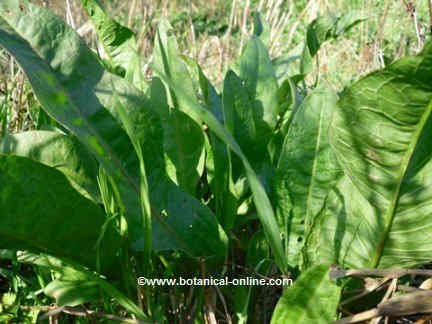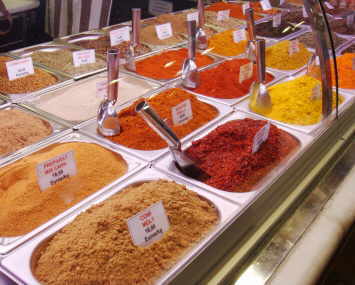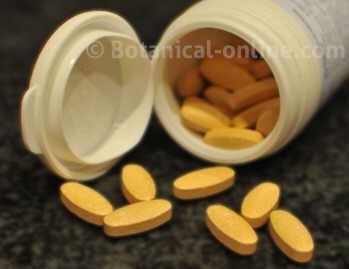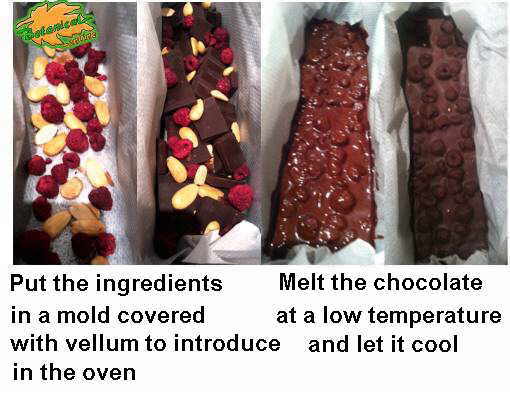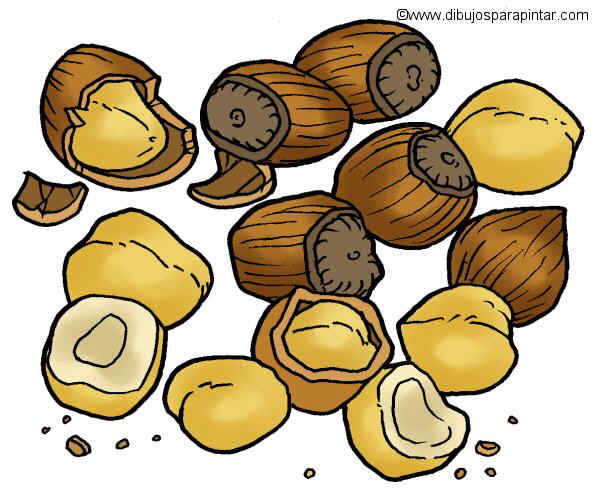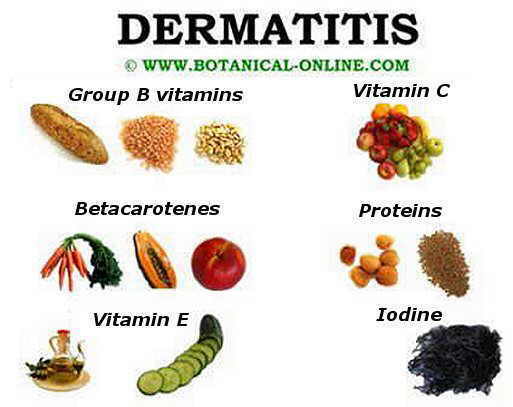Contents
Pyorrhea diet and nutrition
Food for pyorrhea
An adequate intake of vitamins and minerals is essential for good teeth and gums.
Adequate food will provide those nutrients to have your teeth and gums healthy.
SUITABLE FOOD FOR PYORRHEA
Vitamins for pyorrhea
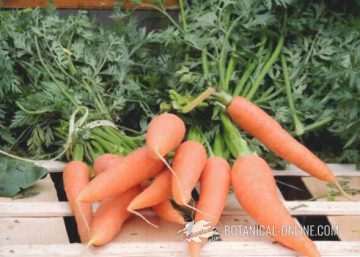
Among the main food suitable for pyorrhea, we can mention the following:
- Vitamin C for pyorrhea: Vitamin C protects the teeth and prevents gums bleeding, and, at the same time, protects them from possible infections. Among the main foods rich in this vitamin we have have peppers, citrus fruits (oranges, lemons, grapefruits, etc.See below the details of food unfit for pyorrhea in relation to citrus), cauliflower, radishes, brussels sprouts , spinach, bananas, apples, melons, watermelons, carrots, pineapples, pears, papayas, barley, garlic, berries, celery, peas, strawberries, grapes, figs, beans, cranberries, potatoes, avocados, soybeans, custard apples, mangoes, pomegranates, coconuts, etc.
- Vitamin A for pyorrhea: Vitamin A is very important in the formation of bones and teeth. Swiss chard, spinach, watercress, carrots, borage (, squash, tomatoes asparagus, dandelion, peppers, watermelons, melons, sprouts, bananas, apples, plums, oranges, raspberries, currants, mangoes, beans, etc.
- Vitamin D for pyorrhea: Vitamin D is necessary for proper absorption of calcium, a mineral essential in the formation of bones and teeth. This vitamin is present in negligible amounts in foods of plant origin. Animal foods that contain them are milk, eggs, butter, margarine, cod liver oil, fatty fish (sardines, herring, salmon, tuna, etc.)Vitamin content in these products is not very high, so today can be added to many of them. Each liter of milk is usually reinforced with 400 IU of this component. Cheeses and yogurts usually do not carry it, so that they practically do not contain it. Vitamin D in food is known as vitamin D2 or ergocalciferol. Do not forget that the sun is needed for the vitamin may be developed. (See more information on the general study of vitamin D)
Minerals for pyorrhea
Calcium for pyorrhea
Calcium is one of the most important mineral whose main function is to keep bones and teeth in good condition.
Plants that have this mineral are those vegetables that have dark green leaves, like spinach (These, however, are not recommended as calcium sources because they contain a lot of oxalates that block its absorption) or broccoli sprouts. Legumes, such as dry beans or soybeans, contain plenty of calcium.
Grains or nuts are also rich in this mineral, especially oats and almonds. (Almond milk has more calcium than cow milk). Dried figs and, above all, tofu are particularly interesting in calcium.
Magnesium for pyorrhea
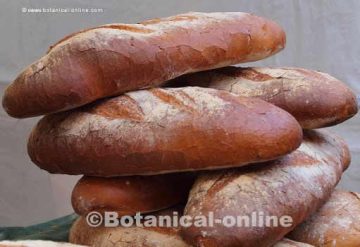
70% of magnesium is found in bones. Magnesium is involved in the formation of bones and teeth. (It helps to form the enamel of teeth and healthy bones)
Cereals are the main foods rich in magnesium (wheat, oats, barley, etc.) or its derivatives (bread, wheat germ, pasta, etc.) Many plant foods contain magnesium. Purslane is very rich. It is an edible wild plant that ranks second among the plants richest in this mineral after the bark of hickory (Carya spp.).
Other plants within reach that contain this mineral are, in order of most to least amount, black beans, oats, spinach, lettuce, borage, asparagus, watercress, cucumbers, wheat, pumpkins, potatoes, peas, radishes, plums, almonds, melons, celery, endive, grapes, beans, rice, nuts, apricots, raspberries, avocados, bananas, lentils, onions, pears, pineapples, oranges, papayas or peaches.
Cheese for pyorrhea
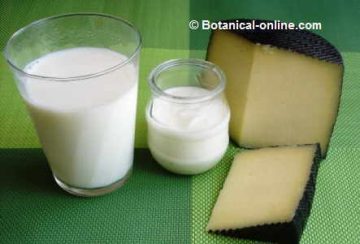
Cheese, besides containing plenty of calcium and phosphorus, is able to alkalinize the pH of your mouth making it suitable for the control of caries and other diseases of the teeth.
Sugarless gum for pyorrhea
Chewing sugarless gum helps increases the level of saliva in the mouth, which helps to clean teeth of food debris and bacteria. Xilitol chewing gum, an artificial sweetener, can help prevent tooth decay and other dental diseases.
Non suitable food for pyorrhea
Among the main food not suitable for pyorrhea, we mention the following:
- Sugary foods: You should avoid eating foods that contain sugar, since this type of food can aid to develop oral bacteria that cause dental disease.
- Juices of citrus fruits: oranges, lemons, mandarins and other citrus fruits in general are rich in citric acid which is harmful to tooth enamel. Citrus fruits, especially citrus juices, should only be taken between meals with other foods. This will dilute its citric acid content so that this does not affect the tooth enamel so much.
- Carbonated drinks: carbonated drinks contain phosphoric acid that attacks teeth. These beverages should be minimized and should be drunk at meals, mixed with food, to prevent their acid content to cause any damage to your teeth.
![]() More information on pyorrhea
More information on pyorrhea

